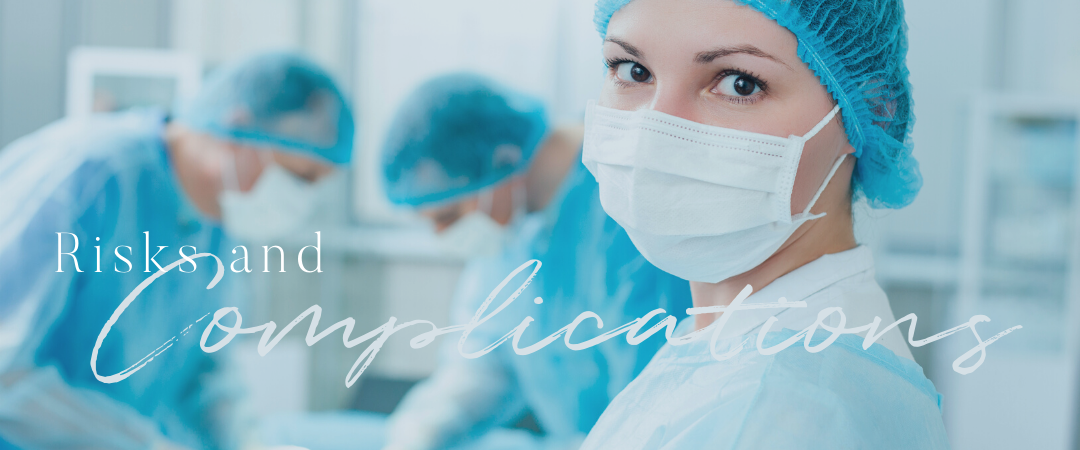
COSMETIC SURGICAL PROCEDURES ARE GENERALLY SAFE
Although cosmetic surgical procedures are generally considered to be safe, no operation can be made entirely risk free. We make every effort to keep your operation as safe as possible. Our surgical center is fully accredited by the Accreditation Association for Ambulatory Health Care – the nation’s leading outpatient accreditation organization. We are state licensed and undergo continuing efforts in quality assurance and improvement. Our staff is highly trained and dedicated to patient care.
Dr. Tobin spends far more than the required time in continuing education, both in the role of student and teacher. Our entire staff is committed to your safety during surgery and afterwards.
Still, complications can occur with any operation. The chapters in this book attempt to mention some of the more common risks involved with surgery, but of course, you will learn more during your personal consultation.
SMOKING AND COSMETIC SURGERY
Repeated studies have confirmed that smokers are at much higher risk of complications following surgery. Smoking results in the body absorbing nicotine and carbon monoxide that deprive the tissues of needed oxygen and interferes with wound healing. By stopping smoking before surgery, some of these effects can be reversed, although smoking also results in damage to small vessels that is long lasting, if not permanent. Patients who elect to have surgery must stop smoking at least two weeks before and two weeks after surgery. Also remember, that “the patch” is not acceptable since it is another source of nicotine. Failure to do so threatens their chances of normal healing.
READ AND ASK QUESTIONS
Dr. Tobin has written a book entitled “Facts for Patients Interested in Cosmetic Surgery” which details the benefits as well as risks of each surgery he performs. Every patient is given their own copy to take home and review after their consultation. They are encouraged to make notes of any questions they might have and, if necessary, come back in for a second consultation. This visit involves no cost if it is within a year of the initial consultation.

